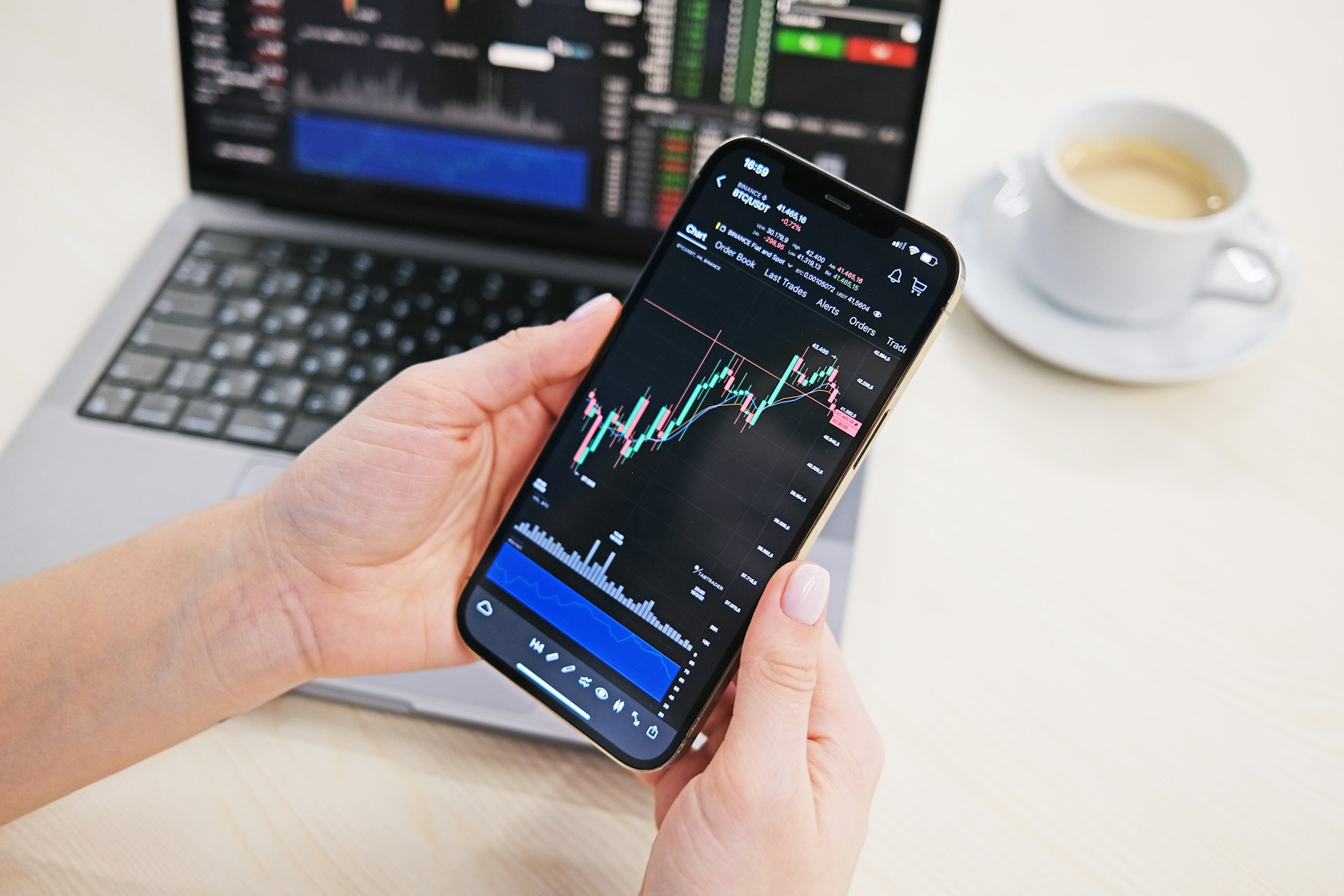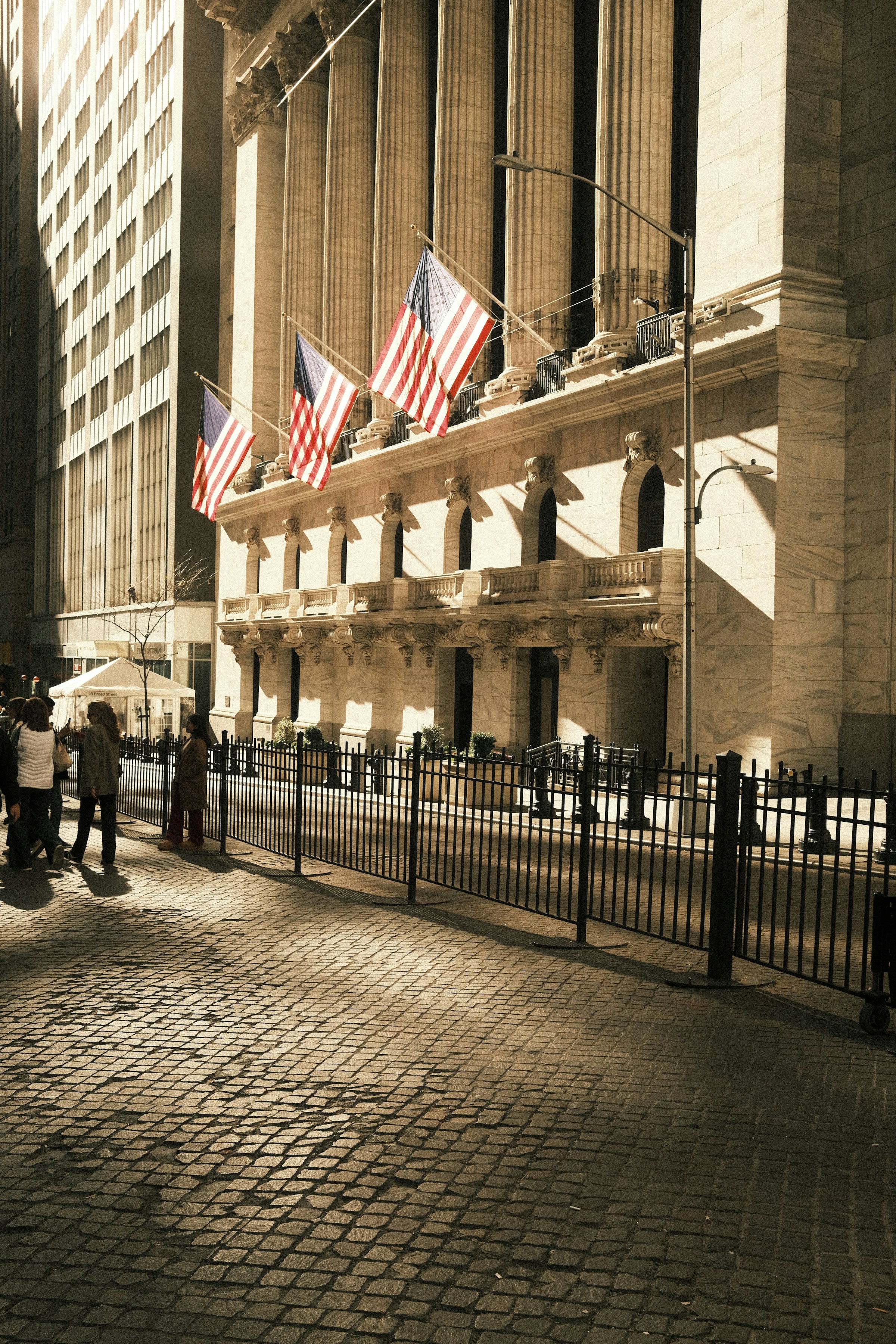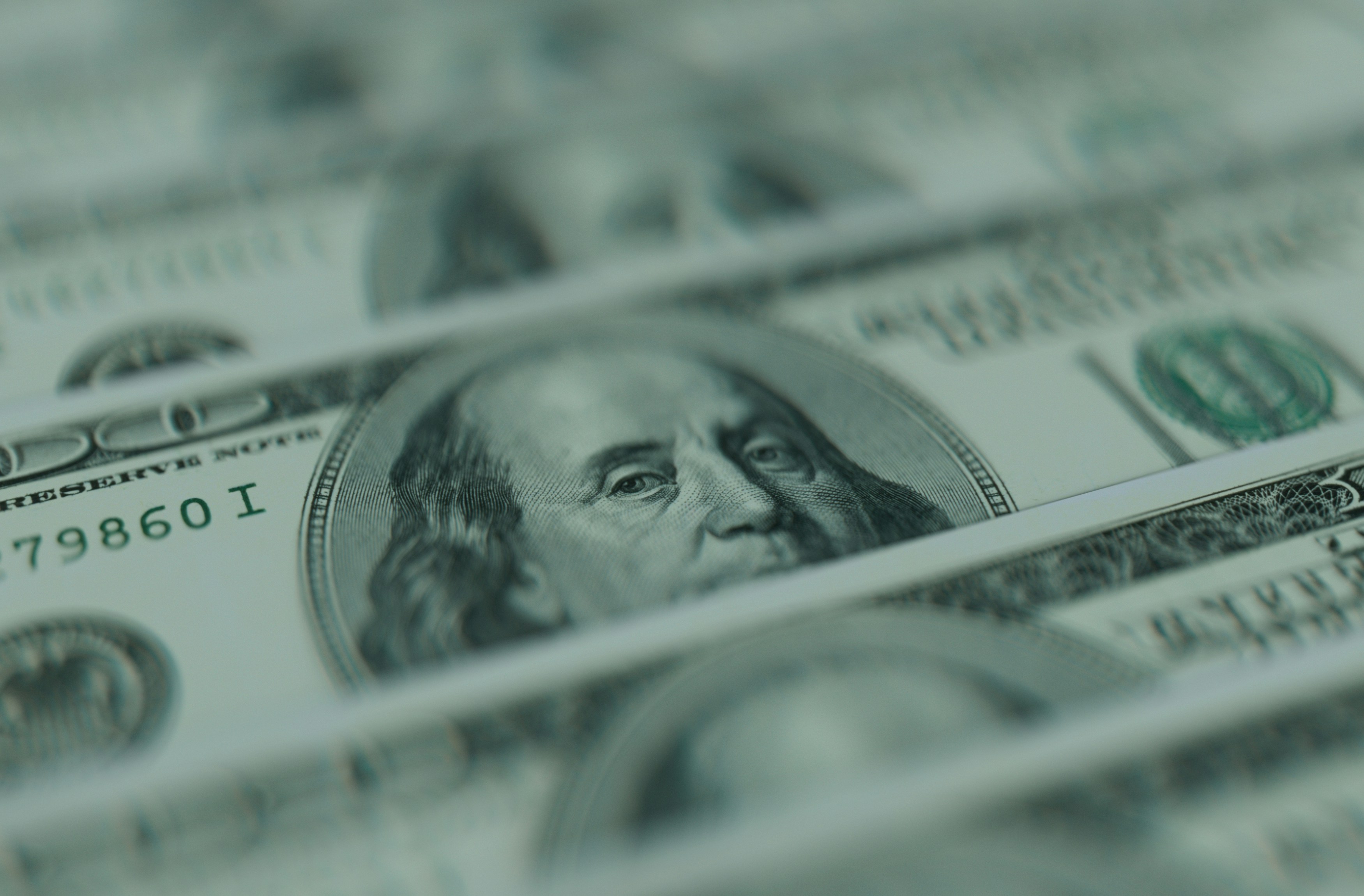In recent weeks, tensions between President Trump and Federal Reserve Chair Jerome Powell have put the independence of the U.S. central bank in the spotlight. Frustrated by Powell’s resistance to cutting interest rates, Trump has openly floated the idea of firing him—a move that would be both unprecedented and legally murky. While he has since back pedaled, saying it’s “highly unlikely,” the damage to investor confidence may already be done.
At the heart of the dispute is Trump’s push for lower interest rates to stimulate growth and ease government borrowing costs—especially following the rollout of new tariffs in April. Powell and the Fed, however, have held rates steady, warning that premature cuts could fuel inflation, especially with prices still running above the Fed’s 2% target.
In an attempt to justify Powell’s removal, the Trump administration has accused him of mismanaging a $2.5 billion renovation of the Fed’s headquarters. While Powell has denied the claims and requested an independent review, critics argue the accusations are a political cover for removing him over policy disagreements.
Wall Street - to defense
Wall Street leaders have come to Powell’s defense. CEOs from JPMorgan, Goldman Sachs, Citigroup, and Bank of America all stressed that a politically independent Fed is critical for market stability and investor trust. History backs this view: when central banks lose independence—as seen in countries like Turkey or Argentina—it often leads to higher inflation, currency weakness, and financial instability.
Market Response
The market response has been cautious. Stocks briefly dropped, Treasury yields moved higher, and the dollar weakened following rumors of Powell’s possible firing. Intervening in the Fed’s independence risks triggering long-term consequences—from higher borrowing costs to diminished global trust in U.S. economic stewardship.
Post Powell
Looking ahead, Powell’s term ends in May 2026, and Trump will likely appoint someone more aligned with his views if he remains in office. Candidates like Kevin Hassett and Kevin Warsh have expressed support for lower rates and closer coordination with the Treasury—raising concerns about the Fed becoming too political.
For now, the U.S. economy appears resilient, but underlying risks are growing. Persistent inflation, ballooning deficits, and political uncertainty could increasingly weigh on growth. If the Fed’s independence erodes, both equity and bond markets could see renewed volatility.
At Quantel Asset Management, we believe the Fed will maintain its current cautious stance in the near term, but political pressure is mounting. Investors should stay focused not just on economic data, but also on the integrity of U.S. institutions—because confidence, once shaken, is hard to rebuild.
EXPLORE MORE POSTS
The Executive guide to Diversifying Concentrated Stock
For many executives and founders, company stock represents both professional...
Read Moreby Irman Singh
AI Meets Reality: Labor Cracks, Fed Uncertainty, and a Market in Reset
The U.S. equity market has taken a sharp turn this week as investors react to...
by Jerry Yuan
Where AI Truly Helps RIAs (and Where It Doesn't) : A PRACTICAL GUIDE
by Irman Singh
Gold & Silver Surge: A Quiet Warning Signal for U.S. Equity Markets
Gold and silver are surging as U.S. stocks show volatility, signaling a shift...
by Jerry Yuan
Portfolio Construction Mistakes Advisors Must Avoid in 2026 -PART 2
by Irman Singh
Markets Bounce Back as Trump Blinks — Relief Rally Returns, but Caution Lingers
US markets staged a sharp relief rally after President Trump paused planned...
by Jerry Yuan
Portfolio Construction Mistakes Advisors Must Avoid in 2026 -PART 1
by Irman Singh
U.S.–Taiwan Trade Deal: A Structural Positive for U.S. Equities
The U.S.–Taiwan trade agreement represents a substantial benefit for U.S....
by Jerry Yuan
AI for RIAs: Portfolio Management, Client Experience & Compliance
by Irman Singh
Energy Politics vs. Market Reality: What Venezuela Means for U.S. Equities
by Jerry Yuan
Strategic Planning for RIAs 2026 -the Next Phase of Growth
A look at RIA industry trends, digital transformation, and long-term firm...
Read Moreby Irman Singh
2026 Investement Outlook: Strategic Priorities for Investors
As we approach 2026, ultra-high-net-worth (UHNI) investors face a landscape...
Read Moreby Irman Singh
2025 The year that was: Trump Tariffs, Gold Rally, and Portfolio Positioning for Investors
As we close the books on 2025, we reflect on a year that tested investors'...
Read Moreby Irman Singh
U.S. Equities Rebound as Cooling Inflation Strengthens Fed Pivot Expectations
Cooling inflation has revived confidence in U.S. equities, with falling yields...
Read Moreby Jerry Yuan
Jurisdictional Complexity: Managing Multi-Country Income and Tax Exposure.
by Irman Singh
Why Oracle’s Pullback Doesn’t Signal the End of the AI Trade
Oracle’s sharp post-earnings selloff triggered a broad AI market pullback, but...
Read Moreby Jerry Yuan
Investment Risk Profile: Factors Affecting It and Tax Strategy
Every investor has a unique investment risk profile, which determines how much...
Read Moreby Irman Singh
BOJ Tightening: How Japan’s Rate Hike Could Impact U.S. Equities
Japan’s shift toward tightening has added volatility to global markets, but...
Read More



















